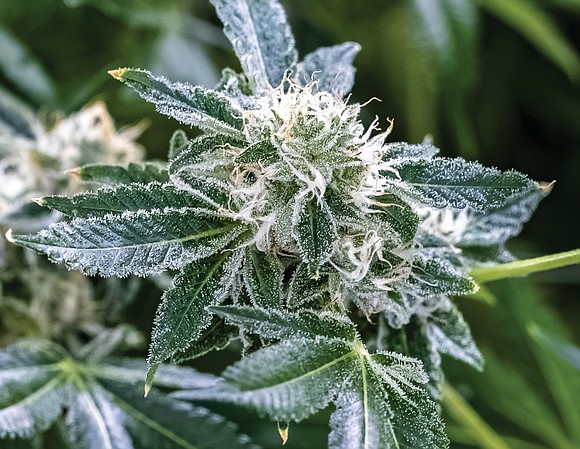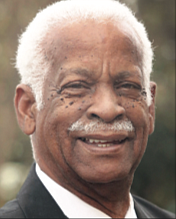Marijuana justice groups criticize legalization bill passed by General Assembly
Jeremy M. Lazarus | 3/4/2021, 6 p.m.
Just wait three years.
That’s the message the General Assembly sent after finally passing a bill to legalize recreational marijuana use for those 21 and older.
The complex bill that passed Saturday as the House of Delegates and state Senate closed the current session puts the big change on hold until Jan. 1, 2024.
The measure narrowly passed both chambers largely along party lines, with Democratic majorities pushing it through for a supportive Gov. Ralph S. Northam.
The House vote was 48-43, with seven members abstaining, including Richmond Delegate Jeffrey M. Bourne and three other members of the Virginia Legislative Black Caucus.
The Senate vote was an even closer 20-19, with no Republicans crossing the aisle.
While Virginia is still the first Southern state to try to eliminate marijuana from the war on drugs, advocates are fuming about the decision to maintain the civil fine for possession and use of small amounts, generally an ounce or less.
“Hugely disappointing,” said E. Martin “Marty” Jewell, chair of the Cannabis Equity Coalition of Virginia, or CECVA.
“It makes no sense to keep the current penalties in place when marijuana will soon be legal. It is simply unfair,” said Mr. Jewell, whose group also is concerned about the relatively small share, 30 percent, of the state tax on marijuana that would go to benefit the Black community that has been damaged by marijuana enforcement measures.
Like others, Mr. Jewell believes the General Assembly could have legalized marijuana as of July 1 and then returned next year to work out the details of the regulatory scheme, the split of tax dollars and other issues.
Instead, the legislature did the reverse, authorizing Gov. Ralph S. Northam to begin the work of forming the new state agency that will handle licensing of producers and retail stores, but holding up legalization.
CECVA is among multiple groups calling on the governor to send down amendments that would speed up legalization.
The legislature last year eliminated criminal charges associated with possession and use of small amounts of the drug. Currently, it is a civil offense that carries a $25 fine.
Chelsea Higgs Wise, founder and executive director of Marijuana Justice, noted in a statement that the legislature ignored the “urgency to address racial disparities by legalizing simple possession.”
“Since ‘decriminalizing’ marijuana in July 2020, over half of the 4,505 people charged with marijuana possession were Black, a rate four times that of white Virginians,” she stated. “By not repealing simple possession until 2024, legislators are risking the futures of an estimated 36,000 Virginians—that we can count on being disproportionately Black.”
Ms. Wise stated that New Jersey legalized possession of up to six ounces and removed penalties on youths, unlike the law that would make Virginia youths subject to civil penalties for simple possession and would allow them to be labeled delinquent.
Other groups, including Justice Forward, the ACLU of Virginia and RISE for Youth, also were incensed. In a combined statement in which Marijuana Justice participated, the groups called the bill “worse than the status quo. The bill creates new crimes that include permitting searches for having marijuana in a vehicle and possession under the age of 21.”
While they noted that major provisions of the bill must be re-enacted in the 2022 General As- sembly session, “what matters is the message the legislature is sending. That message is clear: ‘We do not care about social and racial equity.’ This bill does not advance the cause of equal justice or racial justice in Virginia. The bill is a failure.”
However, House Majority Leader Charniele Herring of Alexandria, an attorney and member of the Virginia Legislative Black Caucus who served as chief patron, was more positive.
She said the final bill “moves us in a direction to strike down and address institutional barriers, over-policing, over-arrests and over-convictions of African-Americans who do not use marijuana at a higher rate than our white counterparts, but who seem to get the brunt of criminal convictions.”









